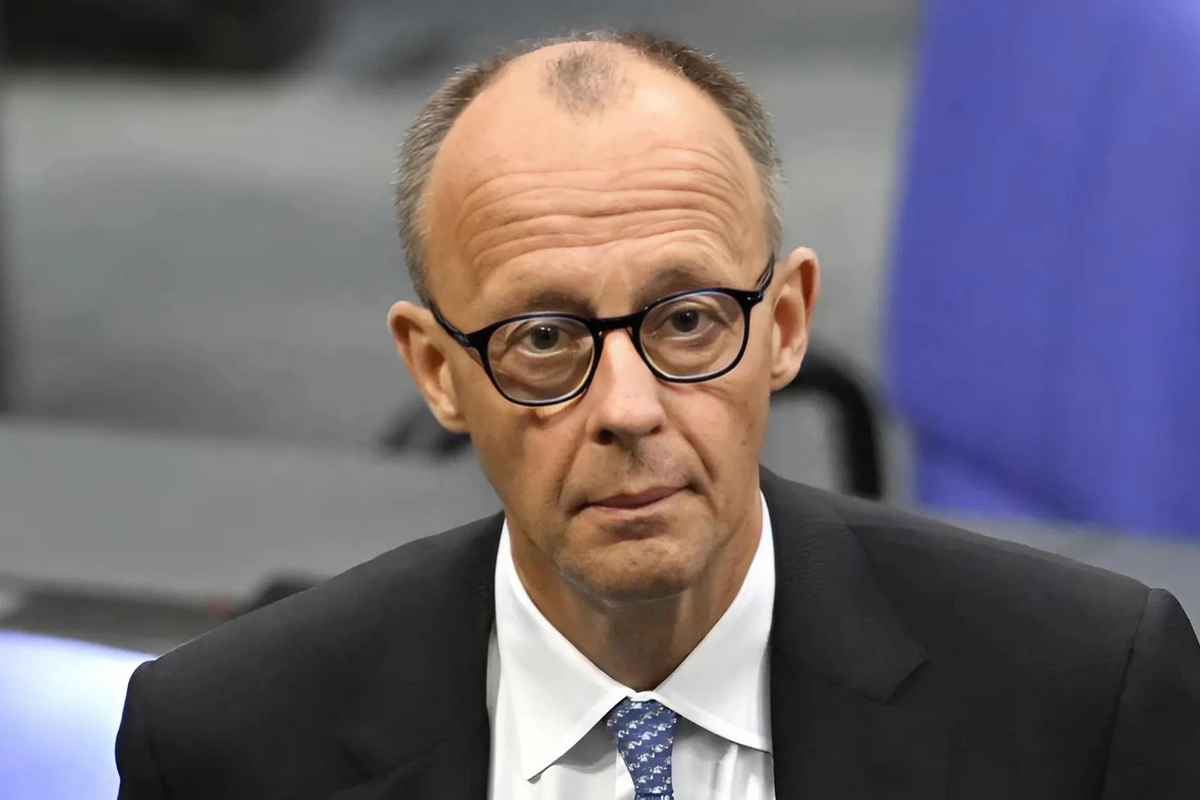Shock Defeat: Friedrich Merz Fails to Secure German Chancellorship in First Parliamentary Vote

In a stunning turn of events, conservative leader Friedrich Merz failed to secure enough support in the Bundestag to become Germany"s next chancellor, marking the first time since World War II that a candidate has not won the post in the initial round of voting.
Merz, representing the center-right Christian Democratic Union (CDU), needed 316 votes to be confirmed as Germany"s 10th chancellor. Despite his coalition controlling 328 seats, he only garnered 310 in the secret ballot held Tuesday - falling six votes short.
The outcome has thrown Germany"s political landscape into uncertainty, as parties scramble to determine their next move. Under German law, the Bundestag now has 14 days to elect a chancellor with an absolute majority. Merz is allowed to stand again, but rival candidates may also emerge during this period. There is no cap on the number of voting rounds.
If no candidate achieves the majority in time, Germany's president can either appoint the nominee with the most votes or dissolve the Bundestag and call for new elections.
The vote coincided with the 80th anniversary of Germany"s unconditional surrender in World War II and took place inside the Reichstag building - a symbolically charged location where Soviet graffiti from 1945 still remains on its walls.
Rising Pressure Amid Far-Right Surge
Merz's defeat comes at a time of rising political tension, particularly around the growing popularity of the far-right Alternative for Germany (AfD) party. Just last week, the country"s domestic intelligence agency classified AfD as a "right-wing extremist" group, subjecting it to increased surveillance.
The decision triggered backlash from U.S. politicians including Secretary of State Marco Rubio and Vice President JD Vance. Germany"s Foreign Ministry swiftly defended the move, emphasizing that the classification is not equivalent to an outright ban, which would require intervention from the Federal Constitutional Court.
Mainstream German parties, including Merz"s CDU, have repeatedly ruled out any collaboration with the AfD, citing a long-standing "firewall" against far-right alliances.
A Coalition in Question
The failed vote raises questions about the stability of the coalition led by Merz's CDU, its Bavarian sister party CSU, and the center-left Social Democrats - the party of outgoing Chancellor Olaf Scholz. This same trio, once part of Angela Merkel"s governing alliance, had recently agreed on a new coalition plan focused on revitalizing Germany"s sluggish economy, increasing defense spending, and enforcing stricter immigration policies.
Merz had positioned himself as a steady hand to guide Europe"s largest economy through geopolitical and domestic challenges - including the war in Ukraine and economic tensions with a possible second Trump administration in the U.S.
The coming days will be pivotal. Whether Merz regains momentum or a new contender rises, Germany is bracing for what could be one of its most unpredictable political chapters in decades.
Similar News
Operations of Nakhchivan International Airport suspended
Due to the current situation, domestic and international flights have been suspended at Nakhchivan International Airport. As reported by BAKU.WS, this was annou...



 Azərbaycanca
Azərbaycanca  По-русски
По-русски  English
English 





